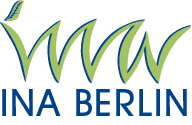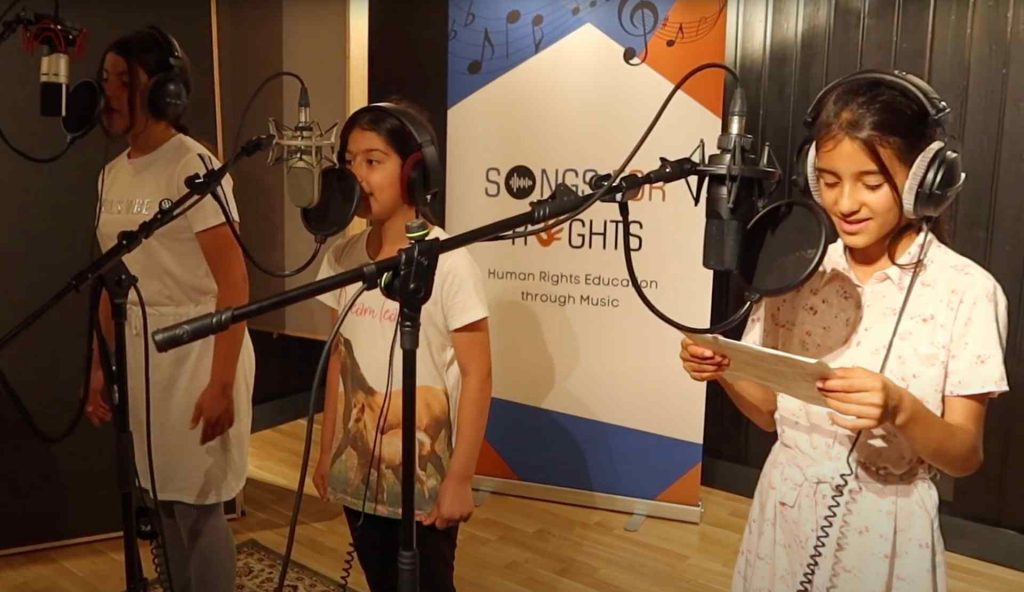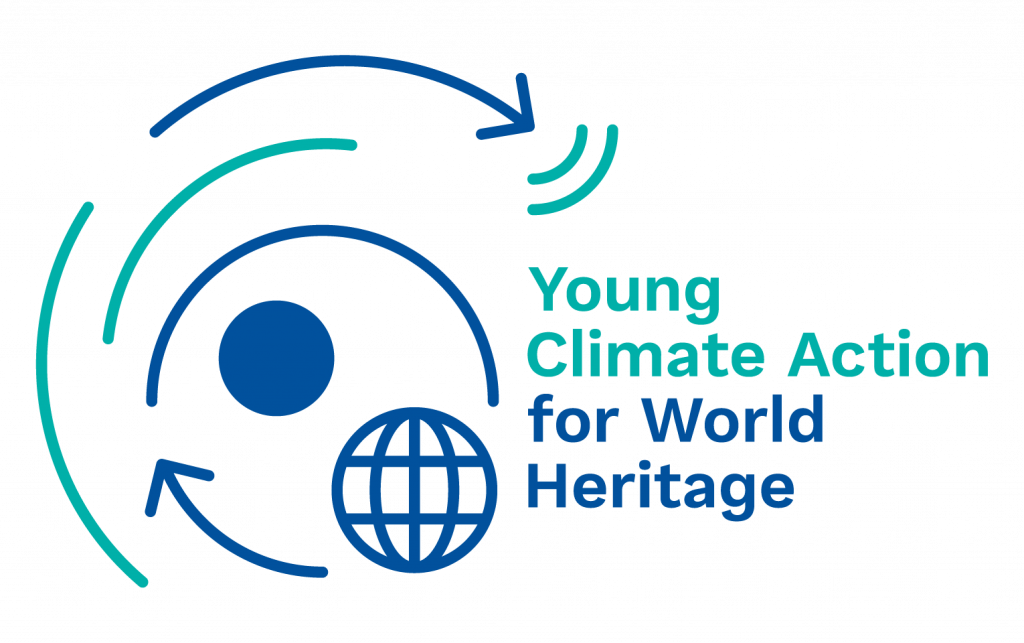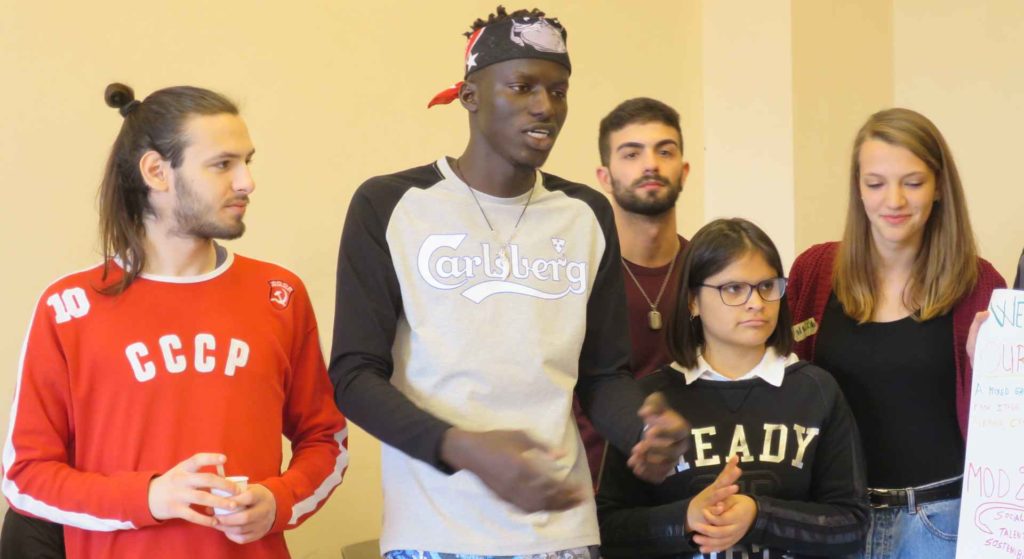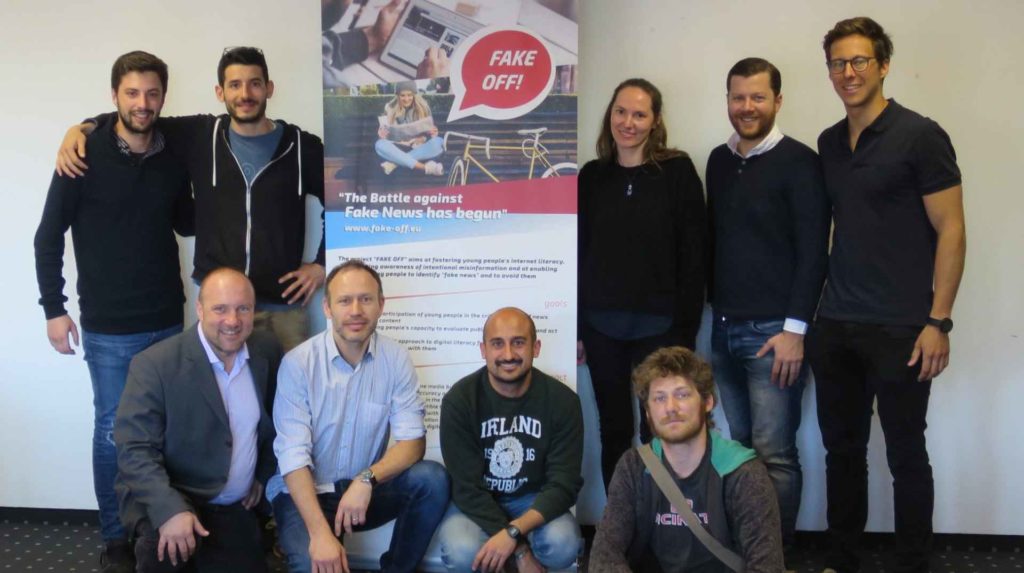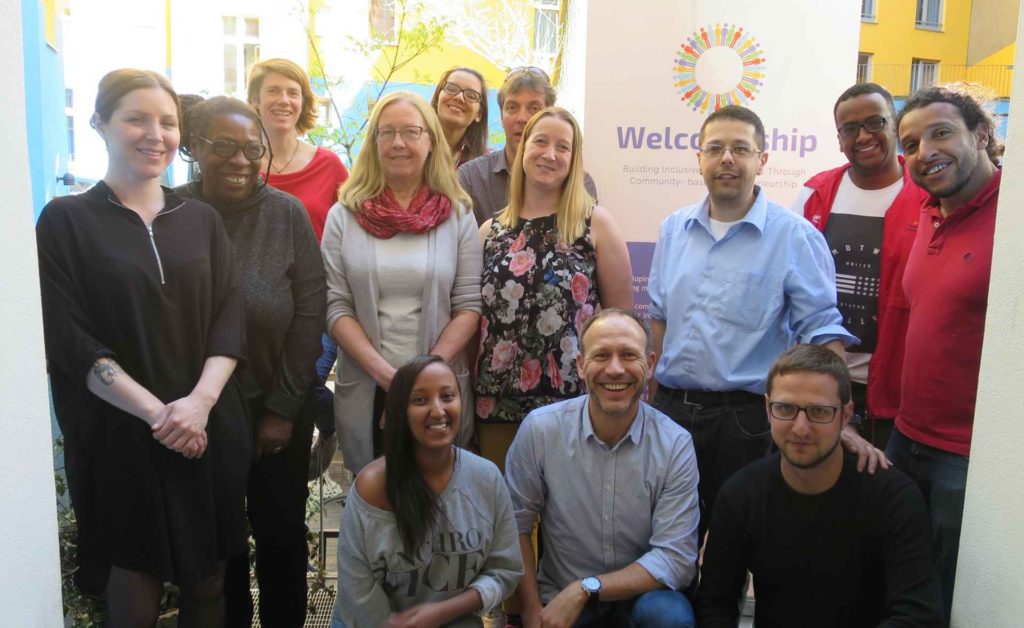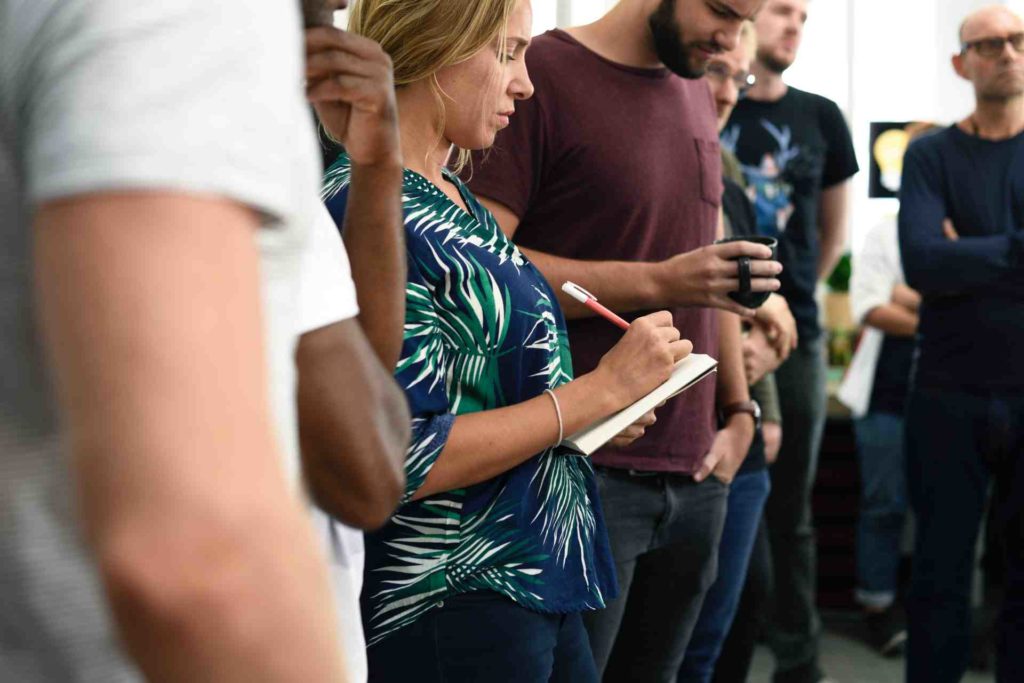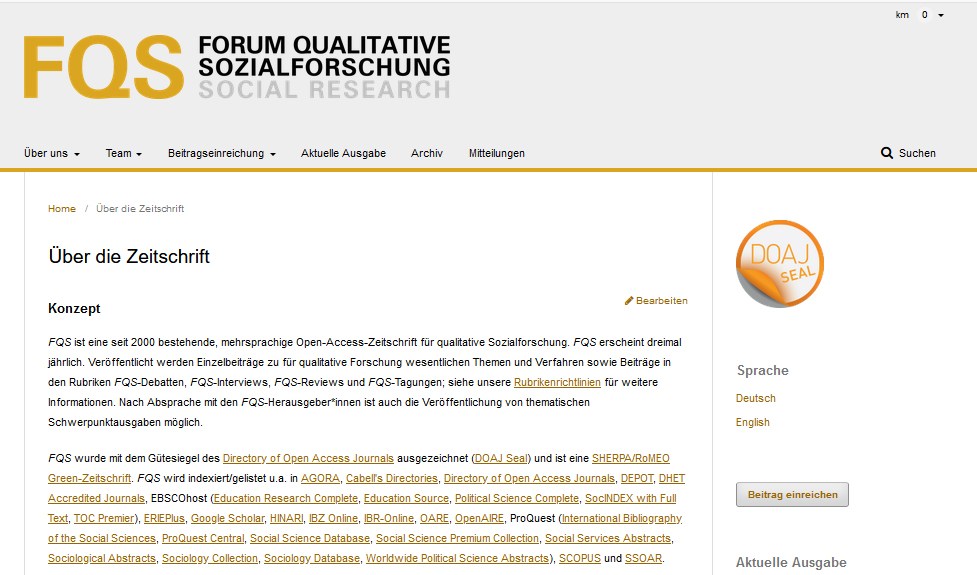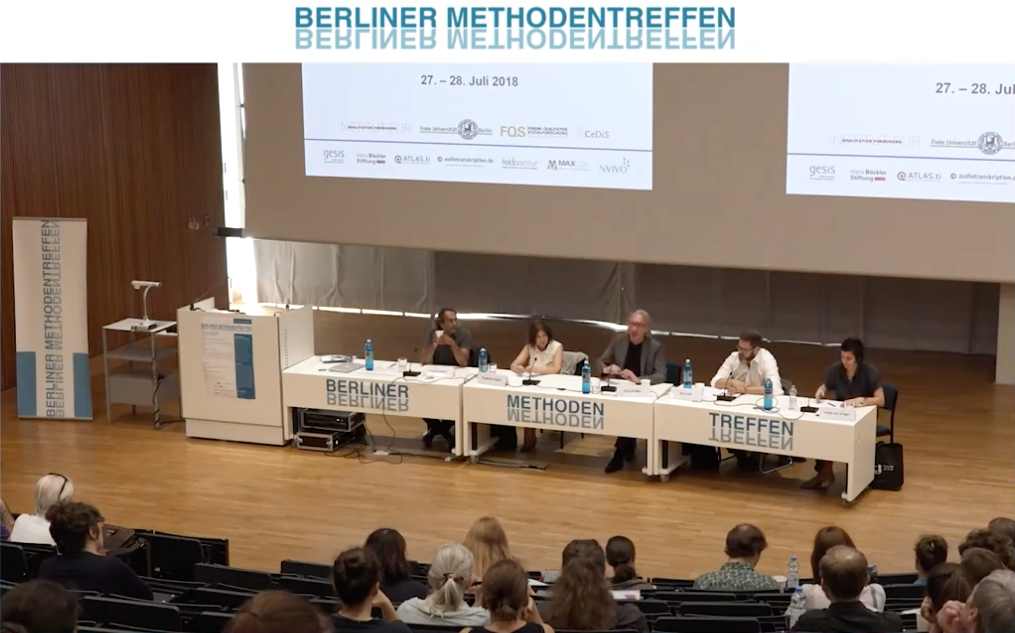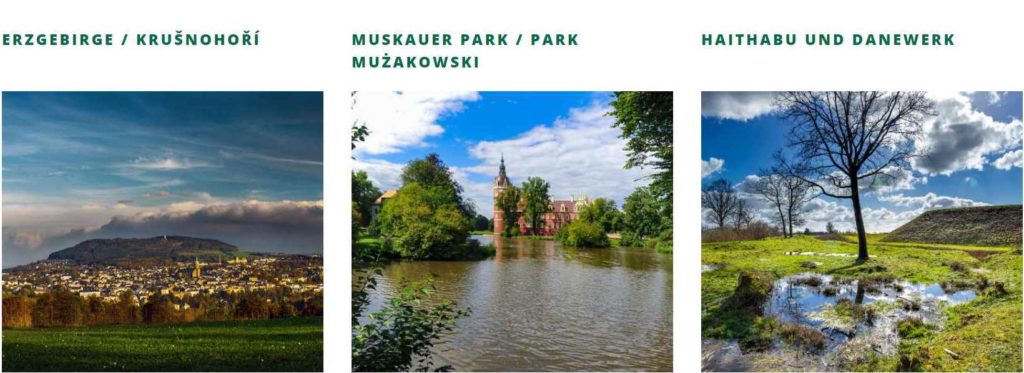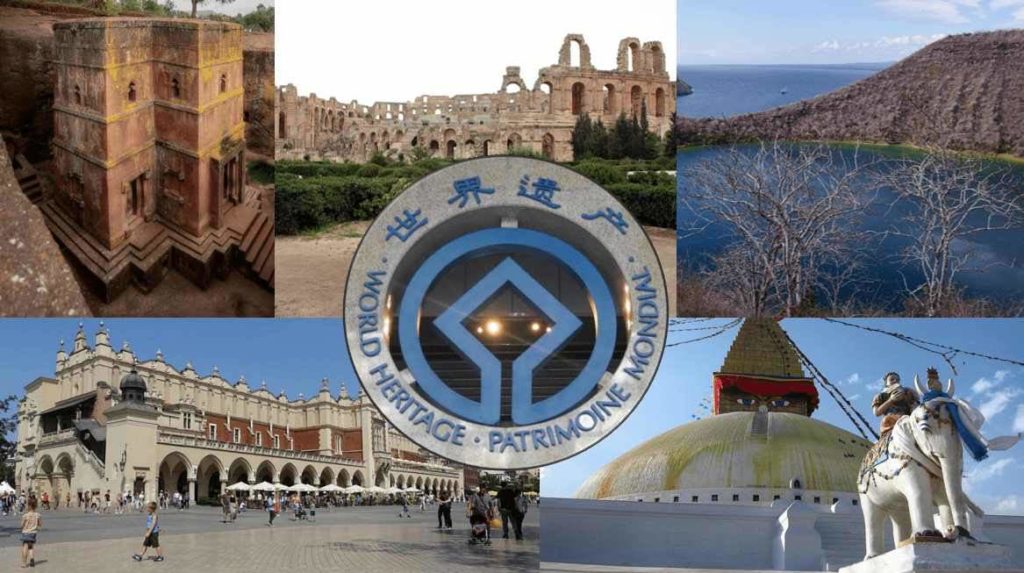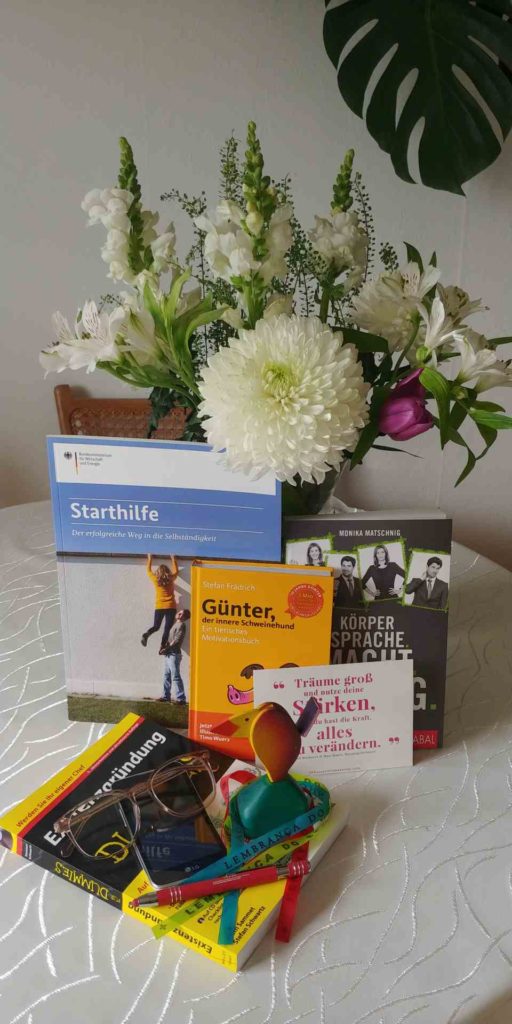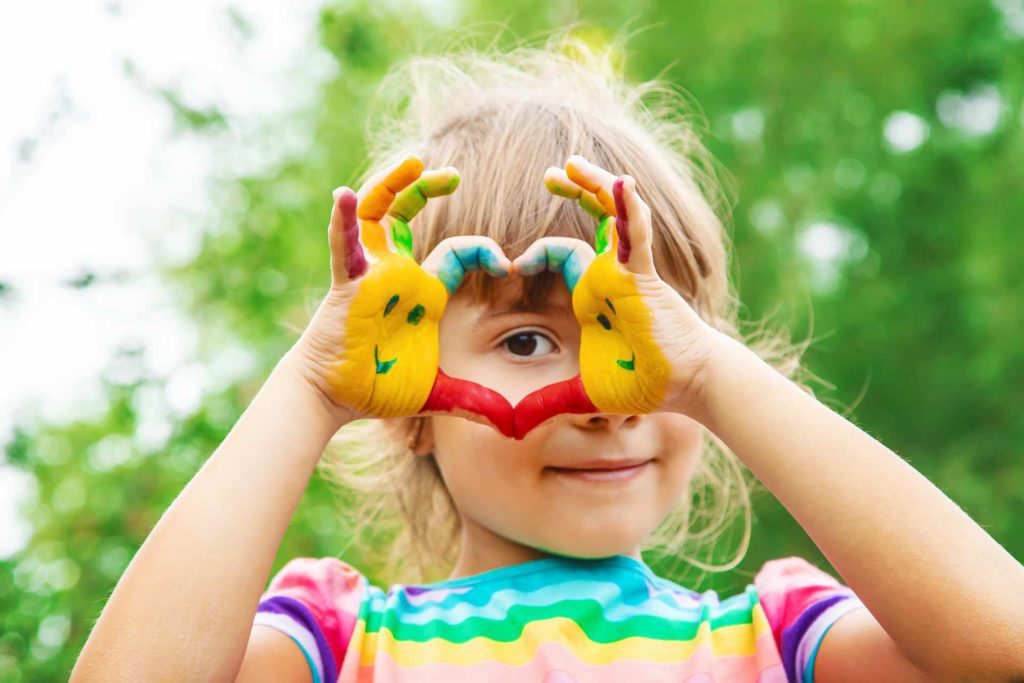"Against bullies" – Songs for Rights Rap
Our Songs for Rights workshop took place in Berlin from 18 to 22 July 2022. Over the course of 5 days, we intensively explored children's rights, consolidated our knowledge, stood up for our own rights and wrote our own rap song about bullying and discrimination. Check out our song "Against Bullies" and let […]
"Against bullies" – Songs for Rights Rap Read More »
